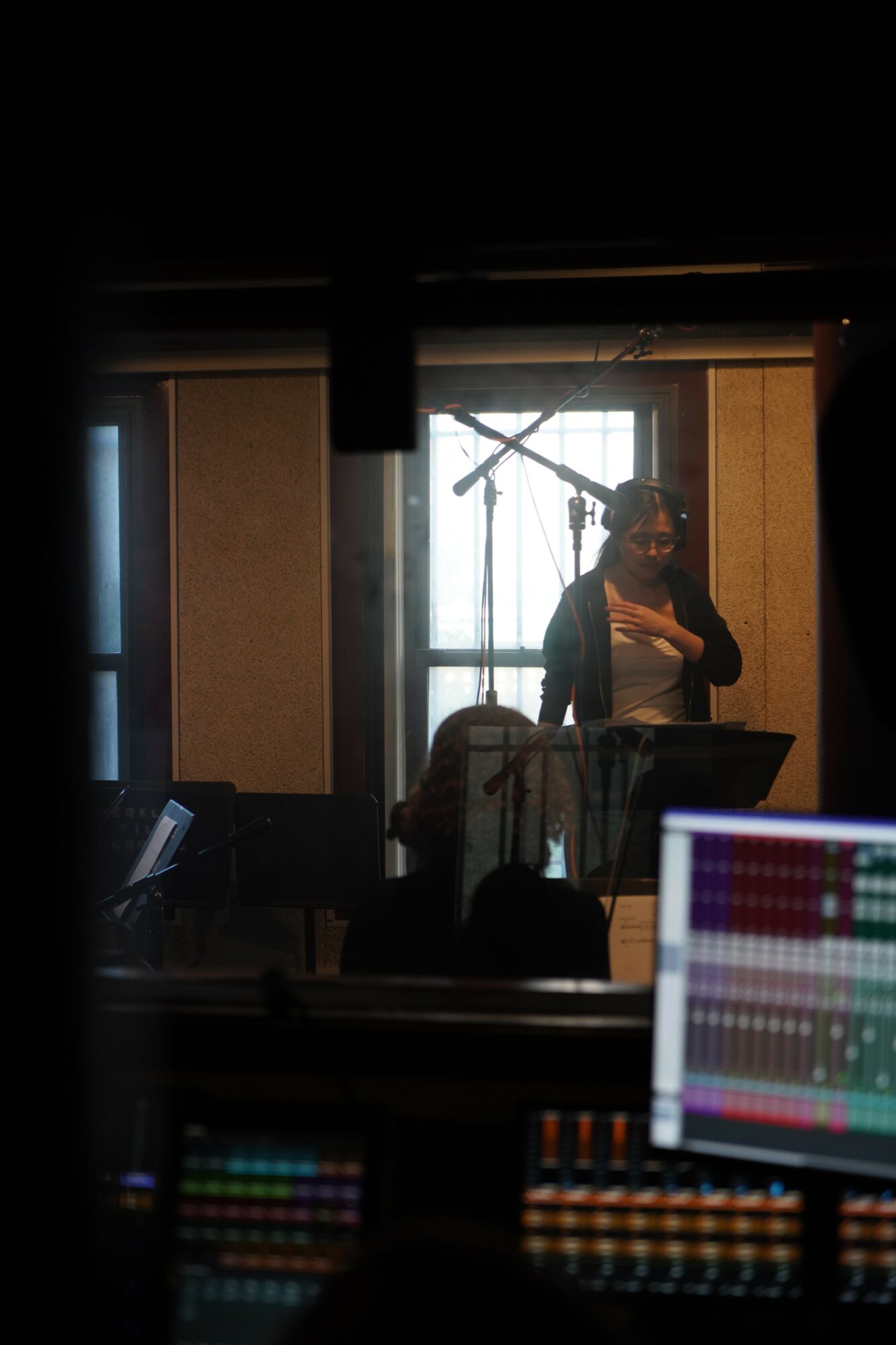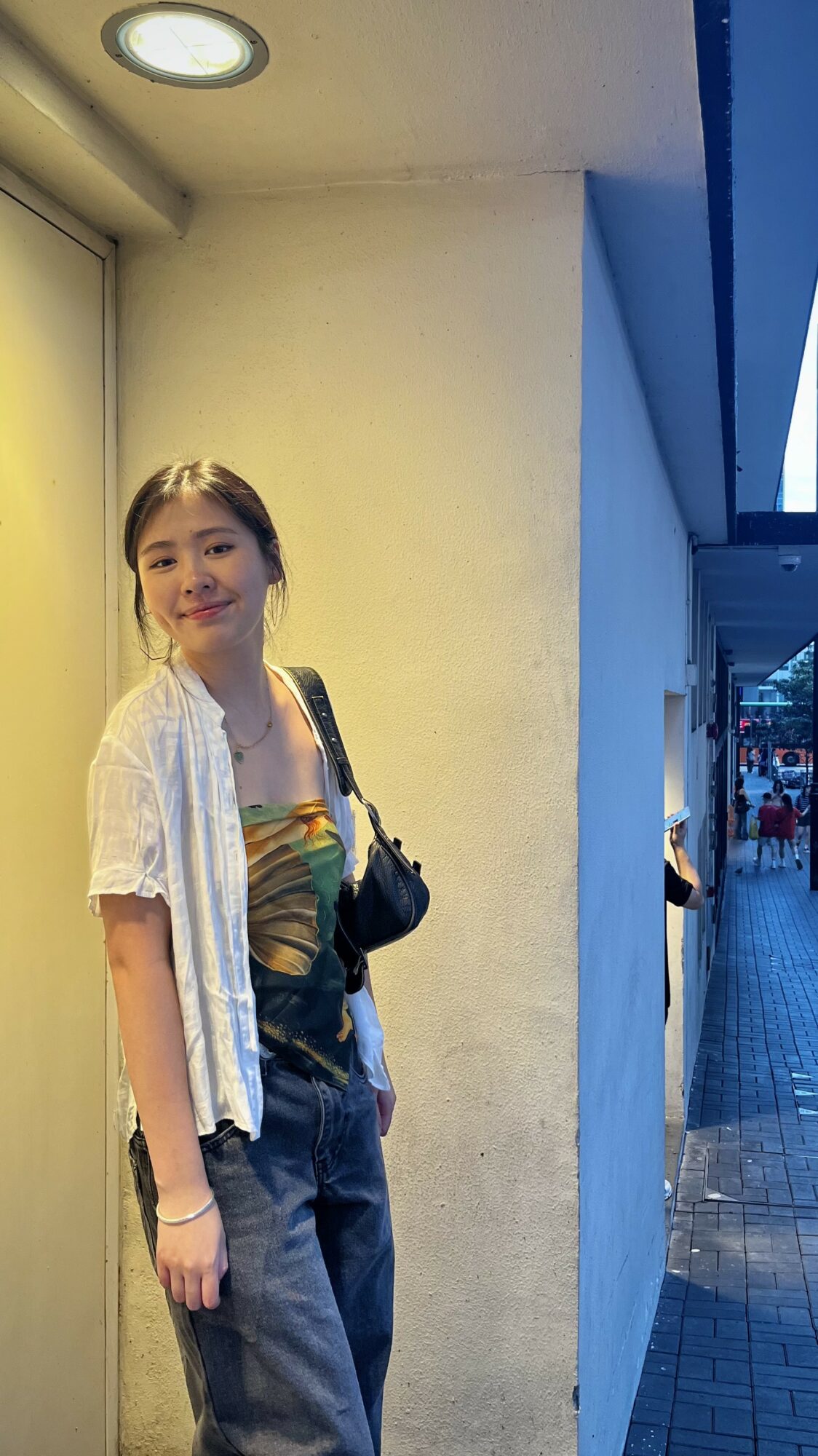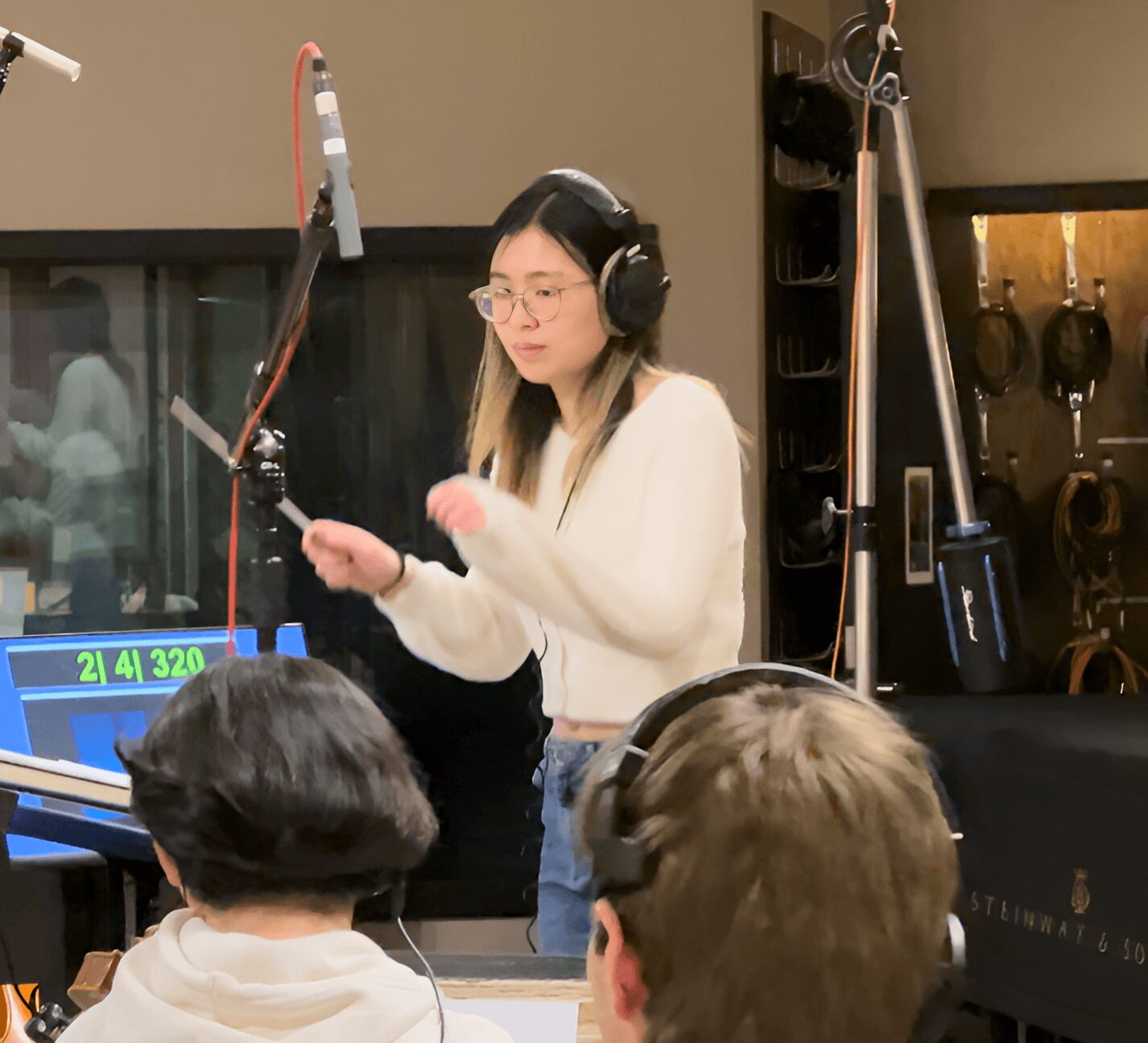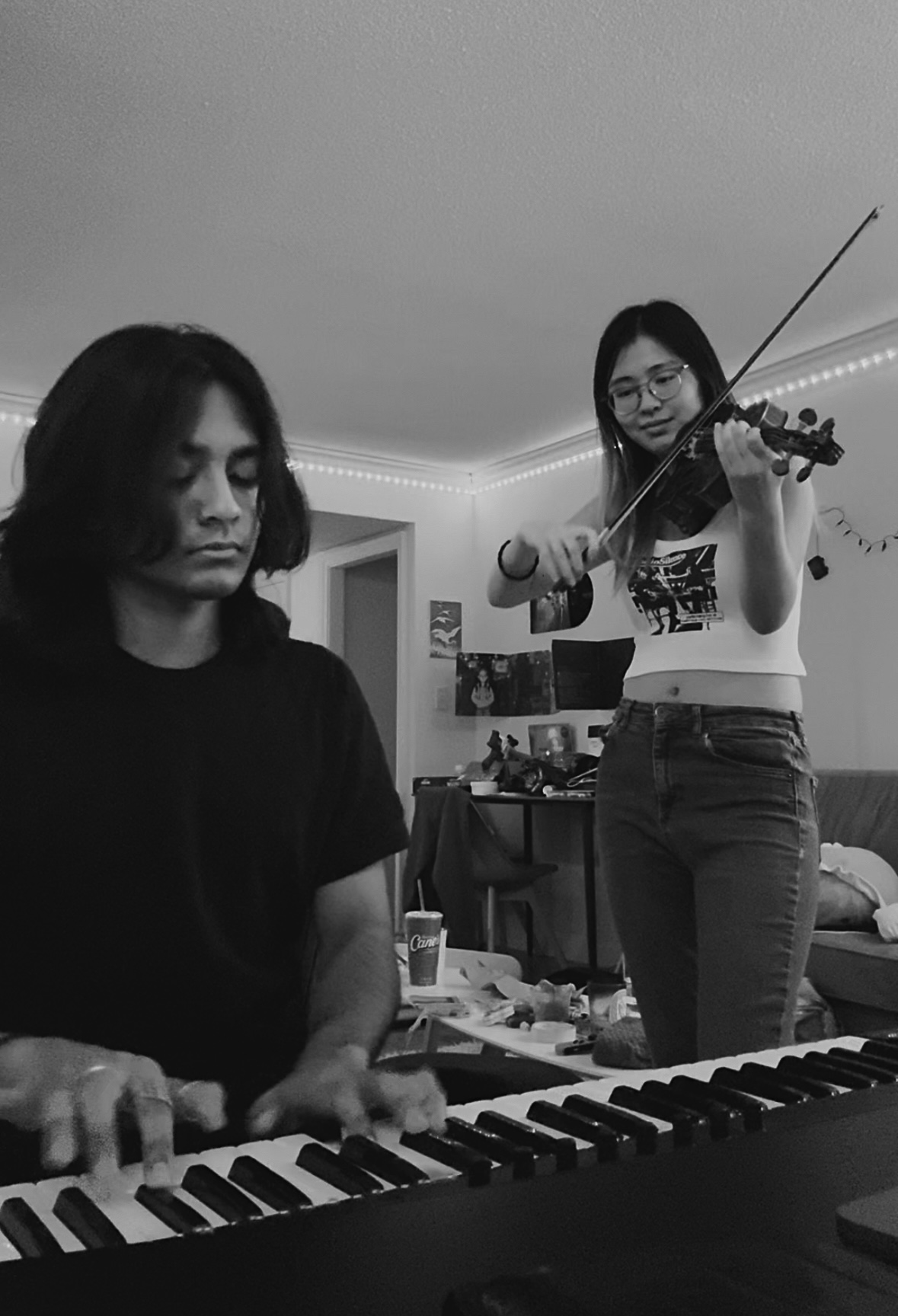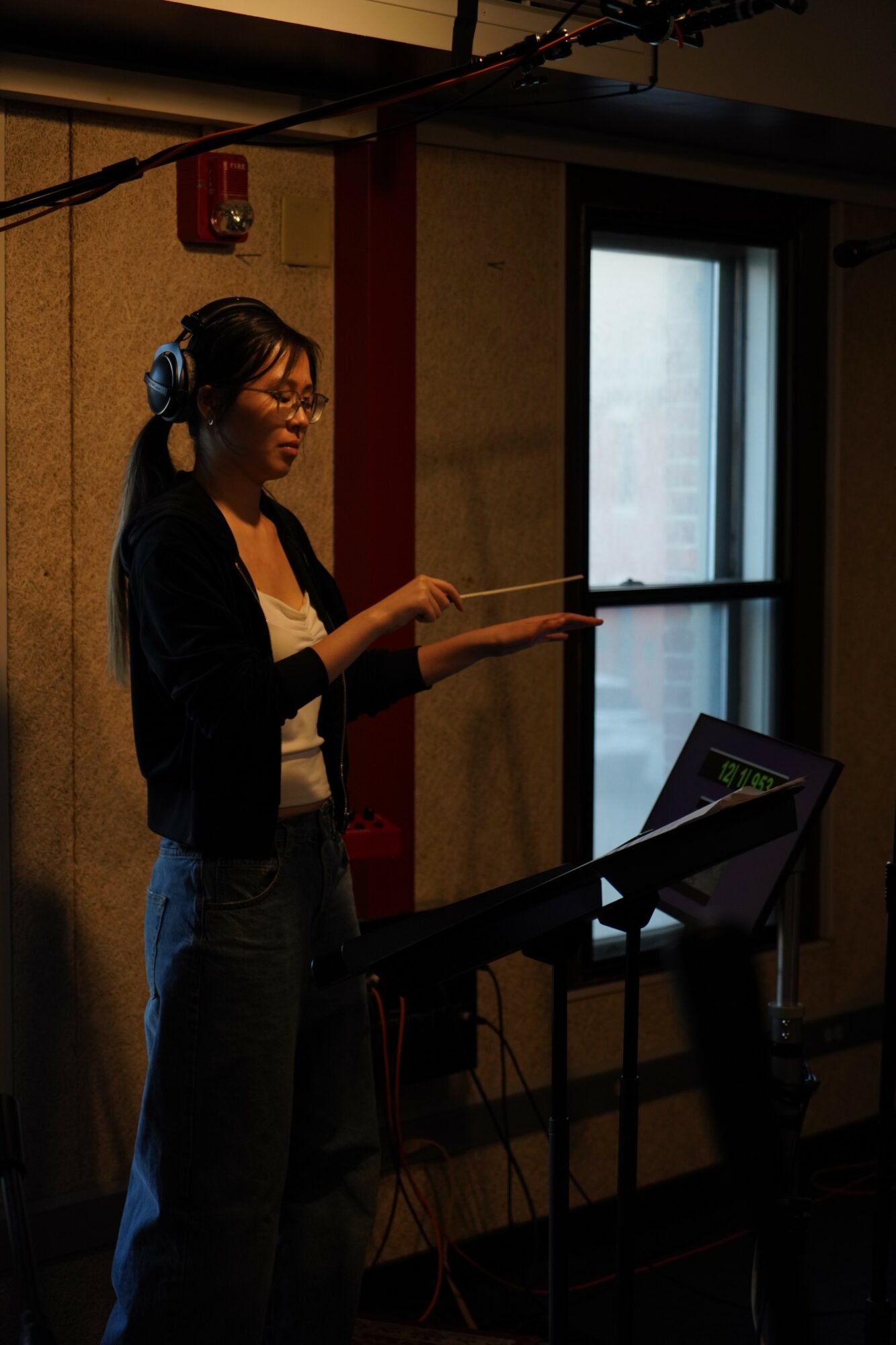

Today we’d like to introduce you to Valerie Ma.
Hi Valerie, thanks for sharing your story with us. To start, maybe you can tell our readers some of your backstory.
Growing up in Hong Kong, almost every kid had to learn an instrument. My mother put me in piano lessons since I was 4, and I started to learn the violin when I was 6, out of pure enthusiasm – I even had a toy violin to prove to my parents that I was fully committed to learning the instrument. Since then, I was put in rigorous classical training and participated in many competitions, which pushed me to become a virtuosic violinist at a very young age. This wasn’t anything special, as it was pretty normal in my country.
I had then left for the UK for boarding school, where I had received a music scholarship, providing me opportunities to play in the orchestra and numerous chamber groups. This is where I learnt how to play with emotion and expression, my teachers explaining why the music was written a certain dynamic or harmony. I had then stumbled across the idea of Programme music, my first encounter was playing Smetana’s Vltava. – a piece that depicted the rivers of Prague – a piece of artwork that is painted through orchestration and instrumental textures. Since then, I knew I wanted to pursue something creative – something that would give me the means to translate my emotions into something, whether it was making art or composing. It was essentially an outlet for me to express deep emotions that could not be translated into words; Things that could move people without being told what it is, like a film or even a small street show that could light people’s eyes up. This was when I knew I wanted to pursue the arts.
We all face challenges, but looking back would you describe it as a relatively smooth road?
Being a creative has its perks, the main advantage being able to pursue something you love doing every day. However, being able to create work that you are genuinely happy with is a struggle that most creatives could relate to. Writer’s block has been and continues to be an obstacle I regularly face. There are many different ways of approaching this, such as taking a physical and mental break, listening to other types of music that inspire me, such as game music or even EDM. Playing my instrument always helps, and creating works that are completely different to what I usually do just for myself takes off the worry for external validation. Taking walks and travelling is also something that I like to do to take the edge off as well. Seeing the world and bits of nature in silence is also naturally another medium for inspiration and creativity.
I had also struggled with overthinking too much, basing my self-worth on how productive I am. I remember one of my best friends, as well as my professor, telling me this one thing that still resonates with me to this day – creating art is like being in a relationship. When you are doing it and thinking it every day, of course, there will be days when you hate it and feel like you are stuck. However, there will also be days when you feel great about it. The most important thing is to forgive yourself, and because I am experiencing this, it almost validates the fact that I really do love what I’m doing.
Appreciate you sharing that. What else should we know about what you do?
With a rigorously classical background, I was first inspired by the works of Smetana’s Vltava, Mendelssohn’s Hebrides Overture and especially Tchaikovsky’s Romeo and Juliet – all works that depicted the raw emotions of what the story is trying to narrate. Since then, I started getting into film soundtracks. From listening to the iconic soundtrack of Star Wars by John Williams to Japanese composers such as Joe Hisaishi and Shiro Sagisu, I wanted to bring my orchestral roots combined with my musical knowledge I have learnt from attending music college at Berklee.
Through my time at Berklee, I have run recording sessions, composed for films, as well as mixed, produced, and prepared scores for recording. I have also dived into sound design, creating digital textures that would go well with my scores, inspired by composers such as Ludwig Göransson and Daniel Pemberton. Although these skills are important in being flexible, I think what’s most important is effective communication when working with others, enabling ideas from both sides to be heard and validated. Whether I am collaborating with a musician or a filmmaker, I always try to understand their vision and communicate a range of ideas that would work for them. Efficiency is key, and being able to work under pressure enables me to communicate and still deliver at a high standard. Being open-minded is also something that I value a lot when collaborating, as it allows creative problem-solving, mutual understanding and most importantly, enthusiasm towards the subject.
Do you have any advice for those looking to network or find a mentor?
I think my biggest advice I could give is to be kind to everyone you meet and be as authentic as you can be! In the past, I have struggled with being authentic as I focused too much on being professional and trying to almost ‘force’ a connection by talking about their interests. Although these aspects are equally important, people also want to know who you are as a person – your quirks, your humour etc. By building more confidence through these aspects, you might just find out more about their personality and mutual interests that might stand out to them more than other people. Instead of being in a headspace of wanting a connection with someone, it essentially puts them on a pedestal that may not foster authenticity or confidence. So, in other words, don’t overthink too much!
Contact Info:
- Website: https://www.valeriema.com/
- Instagram: https://www.instagram.com/valsmusicaladventures?utm_source=ig_web_button_share_sheet&igsh=ZDNlZDc0MzIxNw==
- LinkedIn: https://www.linkedin.com/in/valerie-ma-6b7734364
